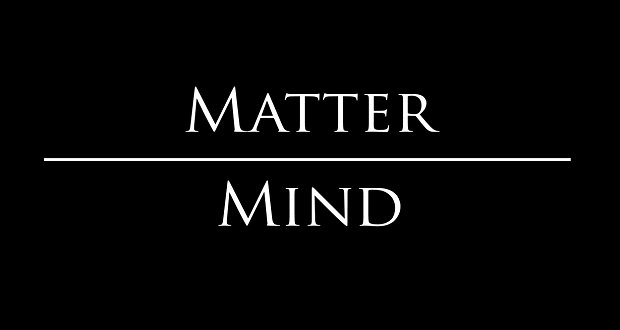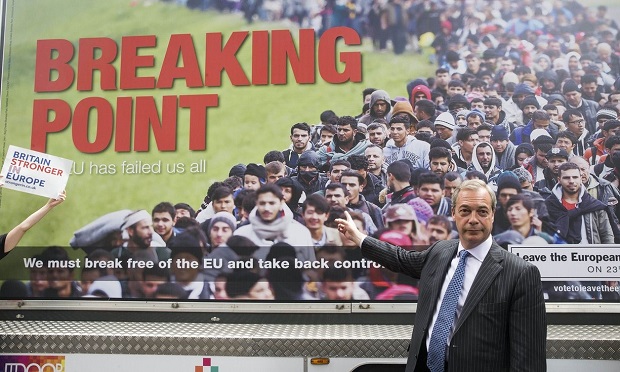
“I shall be telling this with a sigh
Somewhere ages and ages hence:
Two roads diverged in a wood, and I—
I took the one less traveled by,
And that has made all the difference.”
-The Road Not Taken, Robert Frost
When I first read Robert Frost’s poem, I thought briefly about how it applied to my personal life, but I didn’t think much beyond that. When I read it today, my thoughts were so different. I thought about things much bigger than myself. I started contemplating its meaning in the context of diversity and inclusion. I asked myself, “In the realm of D&I, what would the road less traveled be? What is discussed/focused on the least?” And, since I knew this was about something bigger than myself, I decided to ask around.
I surveyed other Gen Yers, people who have expressed a specific interest in D&I and people who haven’t. According to them, the D&I topics they think aren’t discussed enough are:
- Inclusion of people with disabilities
- Educational inequality
- Inclusion of people who identify as transgender
- Work environments for men AND women who are committed to building a family and fostering career progression
- The obstacles faced by first generation professionals (e.g. struggling with one’s sense of belonging)
These are just a few examples, of course. There are so many different spaces and experiences that are relevant to and need attention from D&I, yet some are being addressed much more than others. I wonder why that is. My hypothesis is that a lot of what happens in the D&I space, in most industries and in most people’s thought processes, is a result of competition. For example, companies do some benchmarking, and they either meet the status quo or do just enough to beat their competitors in the D&I “game”. Individually, people may study “diverse” topics just enough to seem “woke” or socially conscious to their peers.
I think companies and individuals need to step outside of our D&I “boxes” and be more innovative. Diversity and inclusion aren’t brand new concepts that came out yesterday. So many people are thinking, “We don’t need to reinvent the wheel.” However, if we reinvent the wheel, or at least make a few more improvements, maybe it’ll be easier to travel down that road less traveled… that leads to real impact. What do you think?


















